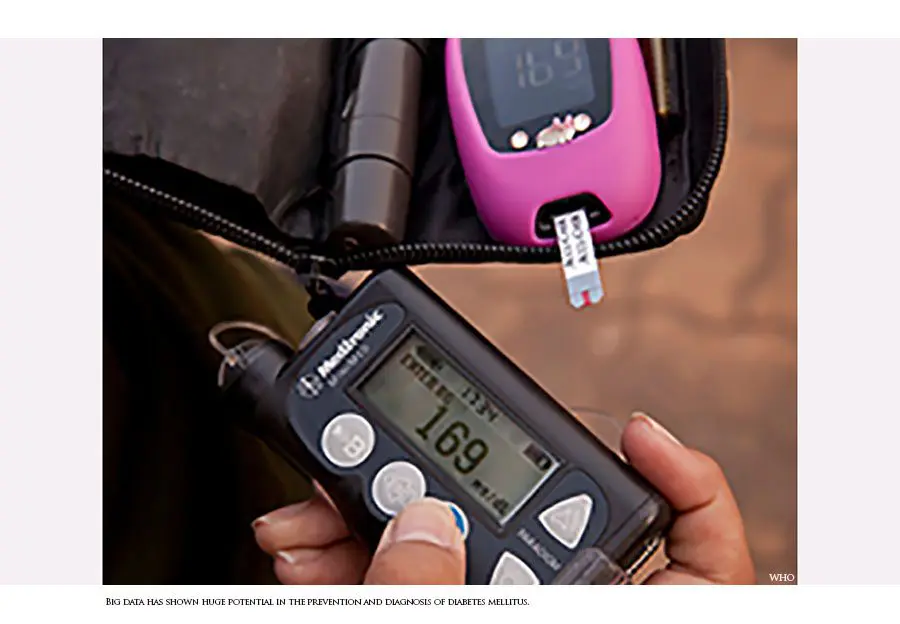Big data analytics has the potential to transform health care in the coming years. Medium to high levels of accuracy have been recorded in the analysis of large data sets aiming to diagnose and predict clinical outcomes and complications associated with several chronic diseases. These include diabetes mellitus as well as mental health disorders, including the prediction of suicidal behaviour.
However, more work is required to understand both the opportunities and the potential pitfalls of using big data in health decision-making.
In a recent study, researchers assessed the effects of using big data to understand people’s health, linked to the indicators and core priorities defined in WHO’s Thirteenth General Programme of Work 2019–2023 (GPW 13) and European Programme of Work 2020–2025 – “United Action for Better Health in Europe” (EPW).
The research was published in the Journal of Medical Internet Research under the title “Impact of big data analytics on people’s health: overview of systematic reviews and recommendations for future studies”. Looking at reviews published in 34 journals from 2007 to 2020, it covers over 2500 primary studies that involved at least 5 million individuals.
Benefiting from big data
The authors present future perspectives on using big data tools for health. This can have a real impact on patients and health systems by:
- improving decision-making processes with real-time analytics
- enhancing patient-centric health care and quality of care
- detecting health threats and improving disease monitoring
- facilitating rapid acquisition of large sets of data in a transparent manner
- reducing waste of resources, which can impact health-care costs
- detecting fraud.
Cautions and concerns
Fragmented or incompatible data, concerns over data security, language barriers, lack of skills to collect and process data, ownership dilemmas, and expenses involved in data storage and transfer are just some of the potential challenges that the research also identifies.
In addition, there are concerns over bias in big data. However, the authors outline several ways in which bias can be addressed. These include, for example, choosing appropriate evaluation measures and justifying choices, repeating experimental protocols to guarantee generalized results, adapting the process and being transparent about changes made, and making data and code freely available.
There is a need for further research on how big data can be incorporated into daily medical practice, including the use of methodological guidelines for big data reporting and machine learning studies, and robust performance metrics to assess accuracy.
United action for better health
This research is part of WHO/Europe’s work to support Member States in strengthening their health information systems. Helping countries to produce solid health intelligence and institutionalized mechanisms for evidence-informed policy-making has traditionally been an important focus of WHO’s work. It continues to be so under the EPW, which focuses on improving health and well-being across the WHO European Region.
For more information about WHO/Europe’s work on big data, please contact the Data, Metrics and Analytics Unit (euhiudata@who.int).







